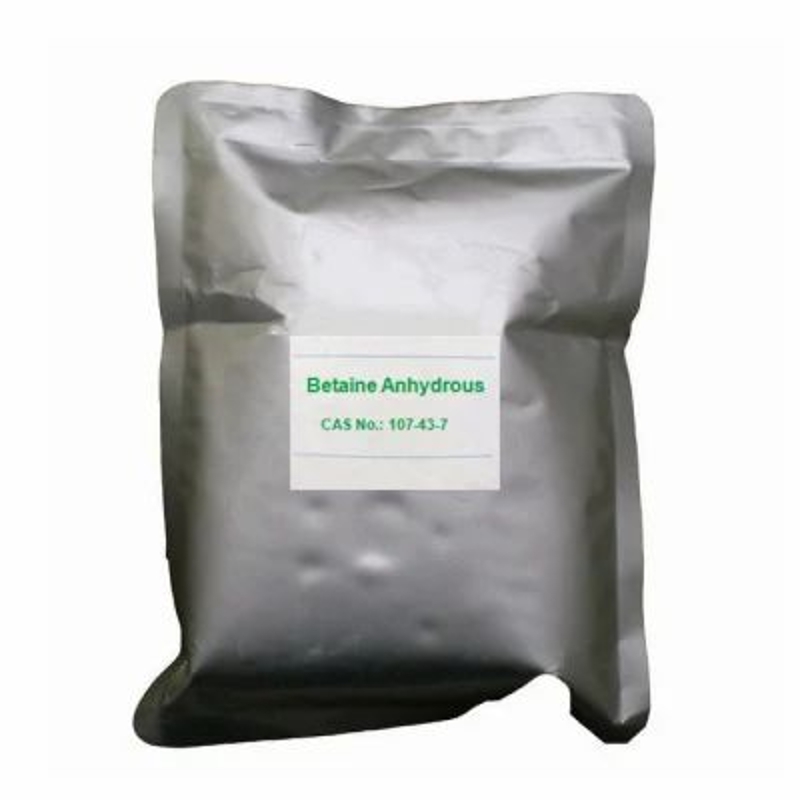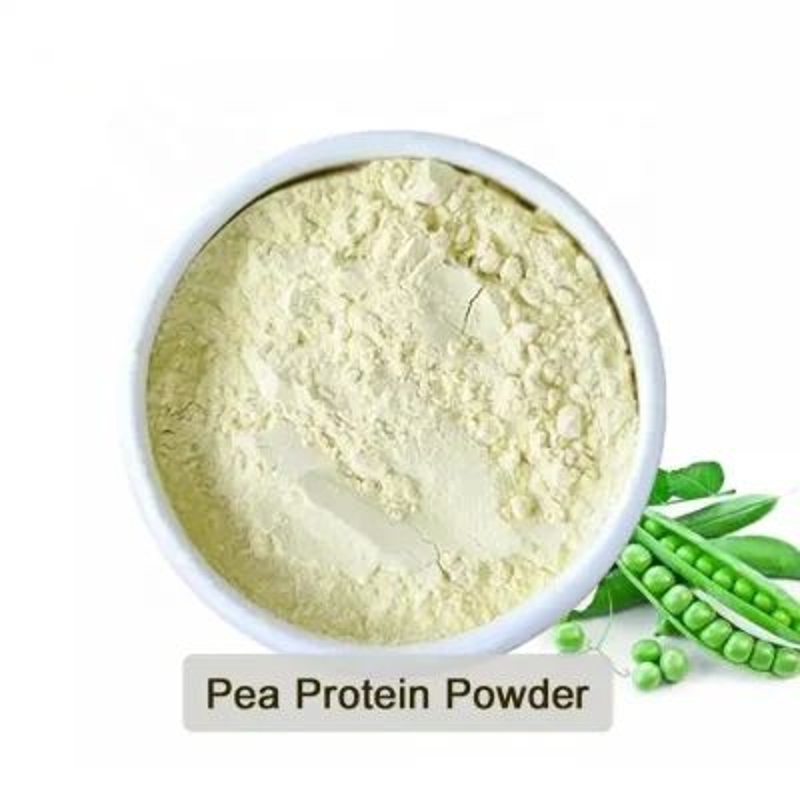-
Categories
-
Pharmaceutical Intermediates
-
Active Pharmaceutical Ingredients
-
Food Additives
- Industrial Coatings
- Agrochemicals
- Dyes and Pigments
- Surfactant
- Flavors and Fragrances
- Chemical Reagents
- Catalyst and Auxiliary
- Natural Products
- Inorganic Chemistry
-
Organic Chemistry
-
Biochemical Engineering
- Analytical Chemistry
-
Cosmetic Ingredient
- Water Treatment Chemical
-
Pharmaceutical Intermediates
Promotion
ECHEMI Mall
Wholesale
Weekly Price
Exhibition
News
-
Trade Service
Researchers at the Mayo Clinic Cancer Center in Florida are validating the possibility of using genome sequencing to predict the benefit of gastric cancer patients from chemotherapy or immunotherapy
"Stomach cancer is one of the leading causes of cancer-related deaths worldwide," said Dr.
Most gastric cancer patients receive chemotherapy and sometimes immunotherapy as part of their treatment plan, Hwang said
"We're trying to use genome sequencing to build a model that predicts the likelihood that a patient will benefit from chemotherapy or immunotherapy
To build this model, Dr.
"We are delighted that our 32-gene signature not only provides prognostic information but also predicts patient benefit from chemotherapy and immunotherapy, and we were particularly surprised that the 32-gene signature we identified was able to predict patient response to immune response to therapy, as identifying reliable biomarkers of immunotherapy response in gastric cancer patients has been a challenge in the field
The 32-gene molecular signature still needs prospective validation, but he believes it will eventually be able to identify patients who are likely to respond to chemotherapy and immunotherapy
The team is also developing new assays based on the expression levels of single or multiple genes to make biomarkers easier to apply in clinical settings
article title
Development and validation of a prognostic and predictive 32-gene signature for gastric cancer







